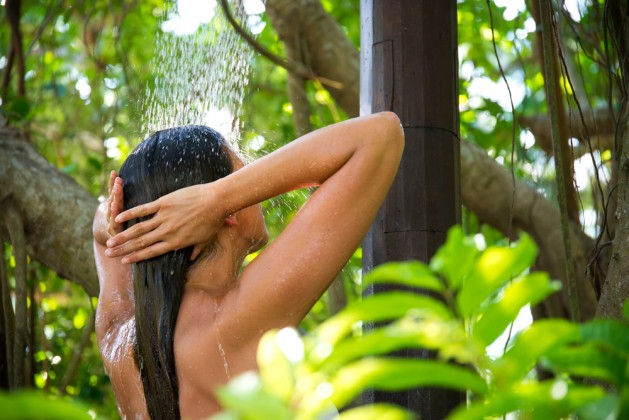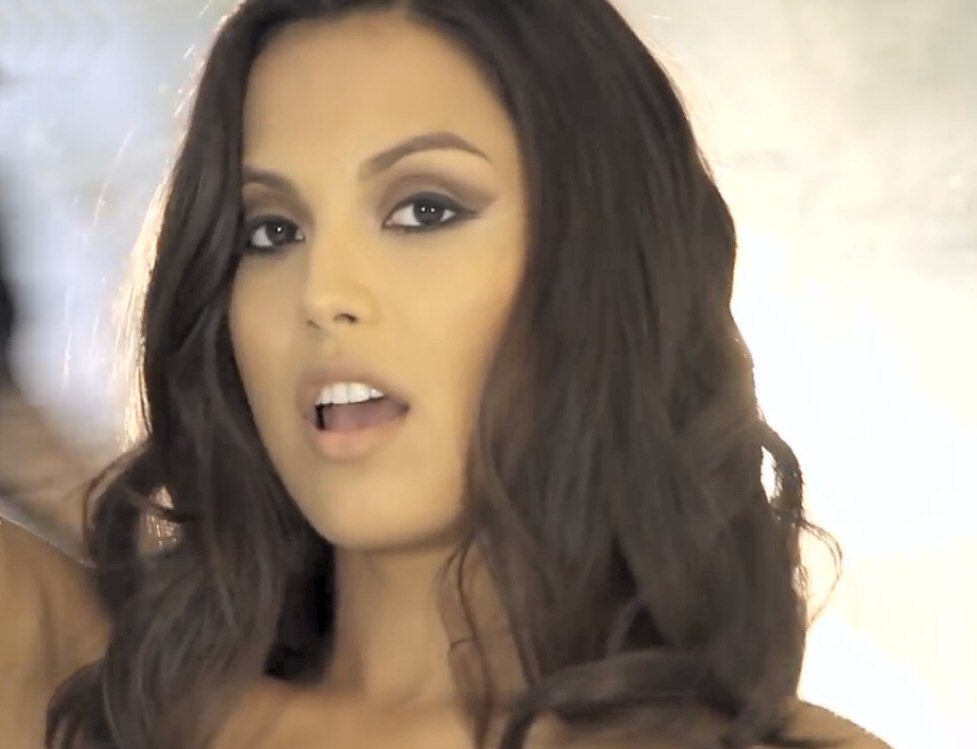
There comes a time in your life when you realize that you’ve been had. For me, it was when I realized that I was spending about $60 per liter on shampoo specifically because it cleaned my hair less thoroughly than the cheap stuff.
People cite all kinds of reasons to stop using shampoo like saving money, vague negative feelings about synthetic compounds, an excuse not to leave the house, etc. No-shampoo enthusiasts claim that this method is the answer to complaints like frizzy hair, oily hair, unmanageable hair, and more. This is especially true of those with dry, curly hair.
My hair is not dry or curly, but I hate spending money and like to experiment. I’ve tried all the methods below and ranked them from least to most effective. If you want to make hair care into a time-consuming hobby, read on.
Just water

Nope! If you really need to wash your hair but somehow have no access to any soap or shampoo, sure go ahead and do your best. It doesn’t cost you anything except your dignity.
Some people swear by this method, and I suspect they have much dryer hair and much softer water than me. In general though, it’s a great way to take a shower but look like you didn’t.
Soap

This method appealed to the lazy cheapskate in me. You just use body soap on your head. Boom! Done.
Is it better for you or the environment? Ennnngh, it depends on your soap so I’ll call it a wash. (Sorry.)
Does it work? In a pinch. My hair was not fabulous after washing with soap. It was technically clean, but stuck together with dull gunk. Maybe this works if you don’t have hard water or your hair is different. Maybe I’m naturally disgusting. But even if that’s the case, I wouldn’t recommend it.
“No-poo” shampoo

What constitutes a “no-poo” shampoo seems to depend on advertising. The trend seems to be that they don’t have sodium lauryl sulfate (the stuff that makes shampoo, detergent, and toothpaste frothy) and they’re more expensive.
As far as cleaning hair, well, it’s still essentially shampoo. For the most part they smell nice and your hair isn’t completely stripped of oils. But you’re switching out one costly shampoo for another. It could be worth it if you get better results, but in my experience my I switched out over drying for less cleaning than I needed.
Diluted baking soda

It’s cheap; it doesn’t have the stuff that’s currently popular to avoid; and it will clean your hair and scalp. Perhaps too well.
You have the potential to make your scalp dry and your hair brittle if you mix it too strongly. If you don’t mix strongly enough, your hair doesn’t get clean. You also need to scrub your scalp until your arms are tired. Showers become kind of a hassle.
This worked well until one day my hair became both static prone and covered with a fine powdery substance that was not baking soda. It just stopped working one day. Considering how high the pH is, it’s probably for the best I stopped using it.
Rye flour

This is by far the weirdest method, but it works well. My scalp was pretty happy and my hair looked great some days and passable other days. You mix rye flour with water until it becomes a paste, scrub your scalp with it until you are tired, and then rinse forever.
There in lies the problem with this method. It is painfully inconvenient. Trying to travel with this stuff is awful. Little bits of flour stick to everything in your shower. Bran falls out of your hair as it dries, which looks creepy and gross until you brush it all out.
Rye flour isn’t pricey, but to avoid the bran issues you need to buy sifted rye flour, which I’ve only seen for purchase online.
Diluted apple cider vinegar (ACV) rinse
This is the “conditioner” of no-shampoo cleansing, and it is awesome. A generic gallon of the stuff will set you back about $3 and last months. It closes the hair cuticles and prevents tangles. All you do is apply the diluted ACV solution to your hair, wait a couple minutes, then rinse.
Now, ACV is highly acidic, so it is important that you dilute it a lot, about three tablespoons per cup of water or less. It will sting a bit if it gets in shaving nicks or in your eyes, and if you mix the solution too strongly it can discolor dark hair over time. I found that out because the ends of my hair are about two shades lighter than the roots. Whoops.
All the same, if you’re willing to be careful and use apple cider vinegar very sparingly, it’s cheap and effective hair care, no matter how you decide to cleanse.




